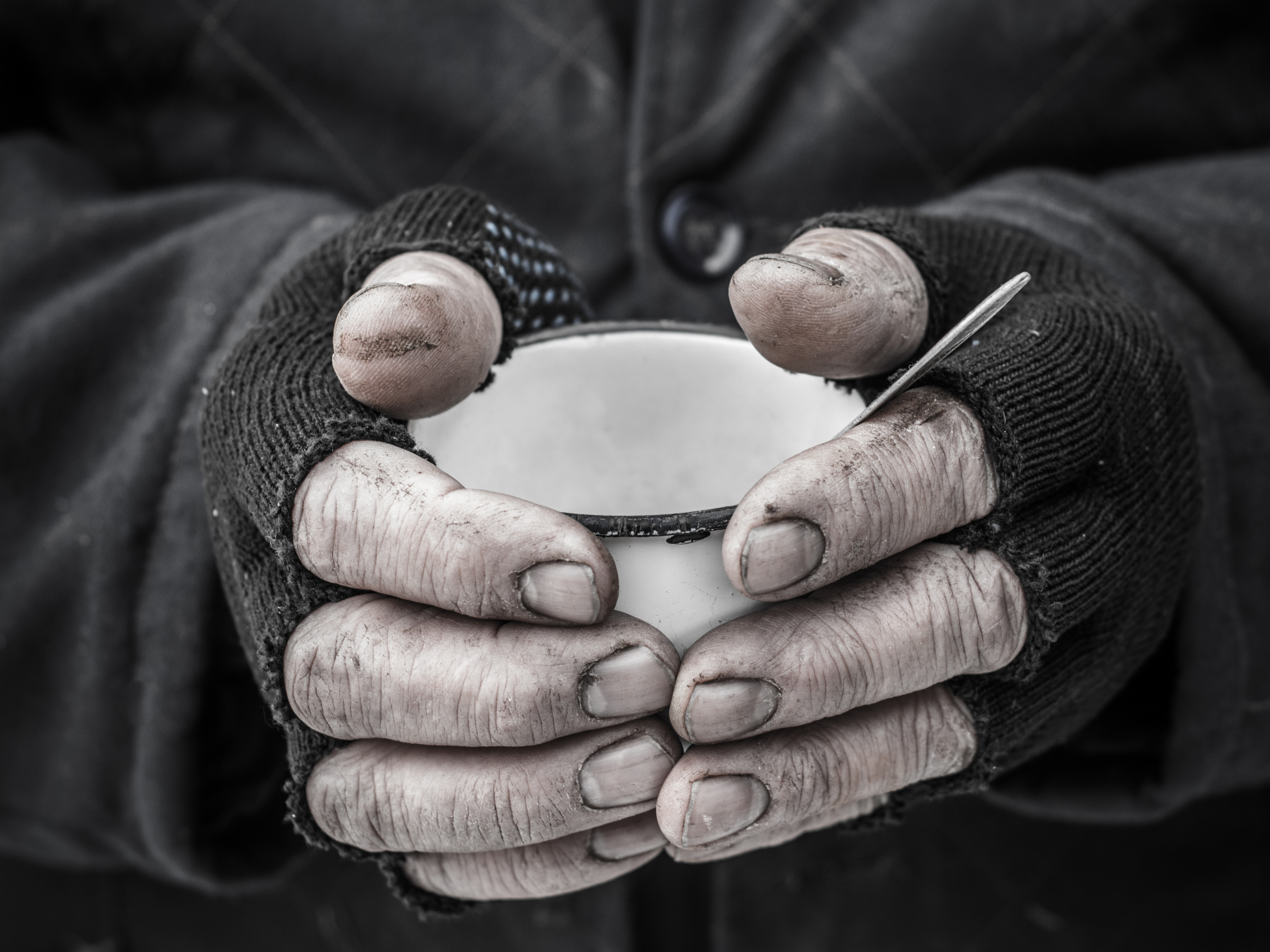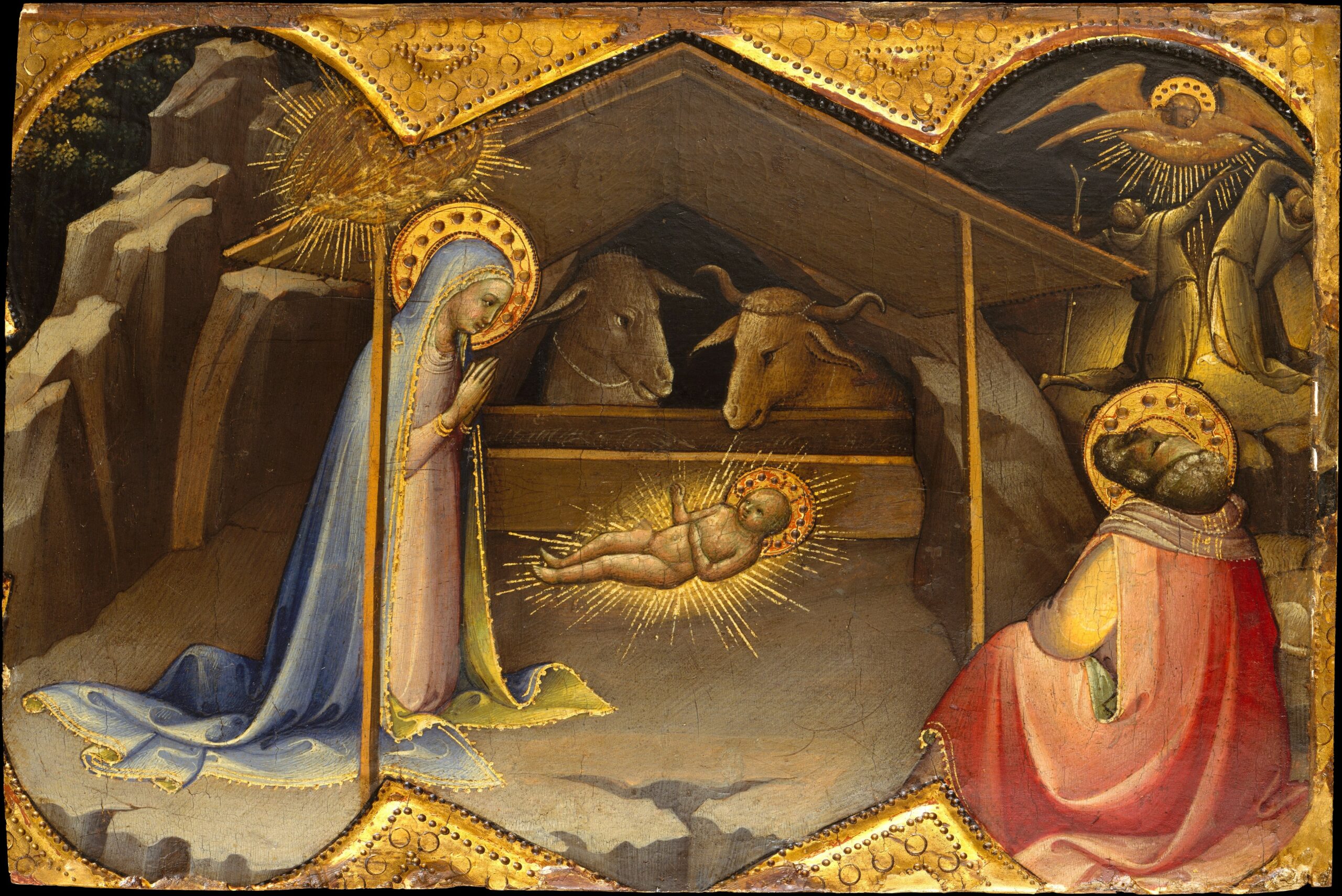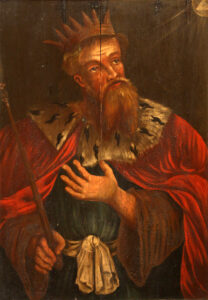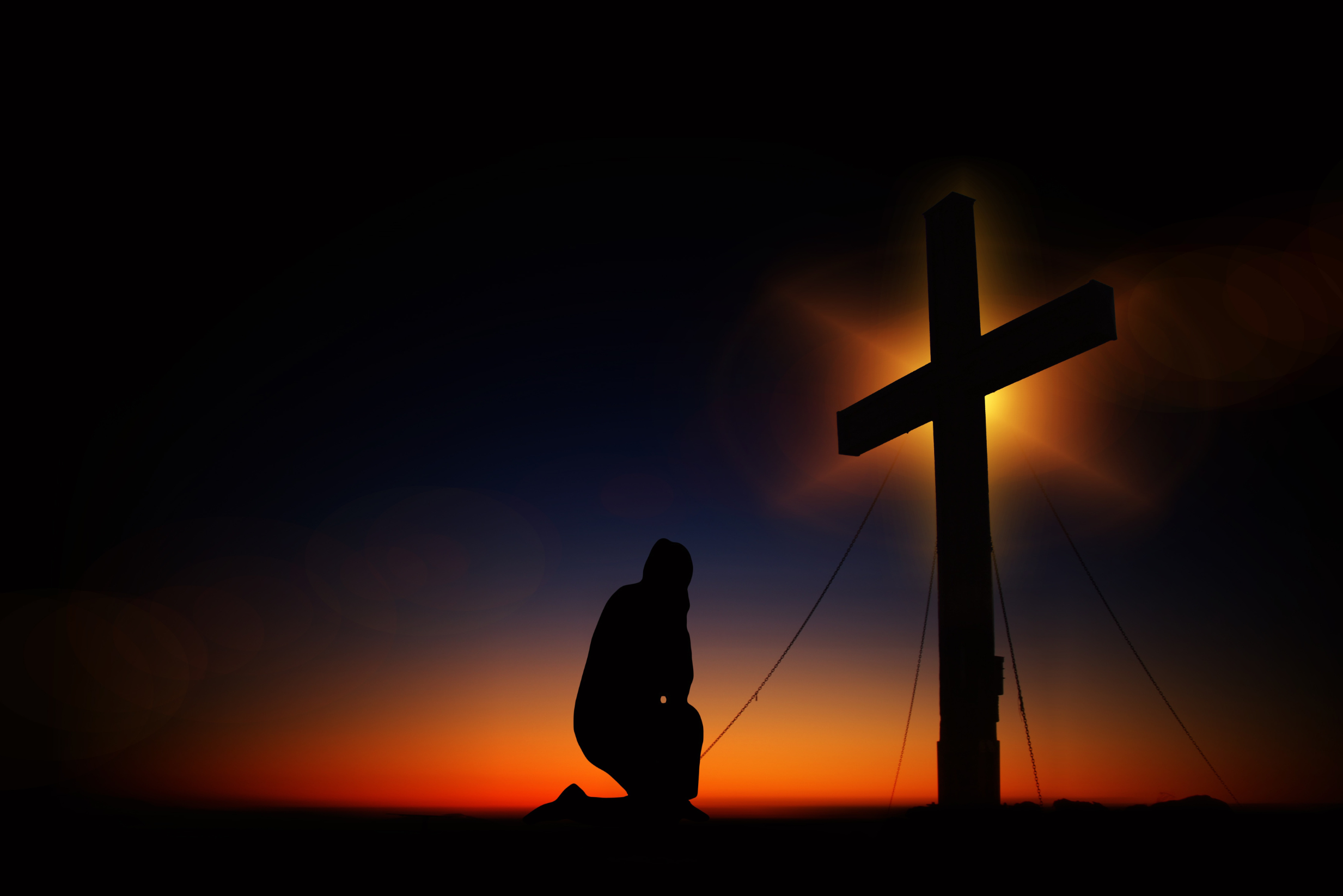Fifth Sunday after Epiphany
Turning Us Inside-Out
Isaiah 58:1-9a, (9b-12)
Fifth Sunday after the Epiphany
Analysis by Jonas Ellison
1Shout out, do not hold back!
Lift up your voice like a trumpet!
Announce to my people their rebellion,
to the house of Jacob their sins.
2Yet day after day they seek me
and delight to know my ways,
as if they were a nation that practiced righteousness
and did not forsake the ordinance of their God;
they ask of me righteous judgments,
they delight to draw near to God.
3“Why do we fast, but you do not see?
Why humble ourselves, but you do not notice?”
Look, you serve your own interest on your fast day,
and oppress all your workers.
4Look, you fast only to quarrel and to fight
and to strike with a wicked fist.
Such fasting as you do today
will not make your voice heard on high.
5Is such the fast that I choose,
a day to humble oneself?
Is it to bow down the head like a bulrush,
and to lie in sackcloth and ashes?
Will you call this a fast,
a day acceptable to the LORD?
6Is not this the fast that I choose:
to loose the bonds of injustice,
to undo the thongs of the yoke,
to let the oppressed go free,
and to break every yoke?
7Is it not to share your bread with the hungry,
and bring the homeless poor into your house;
when you see the naked, to cover them,
and not to hide yourself from your own kin?
8Then your light shall break forth like the dawn,
and your healing shall spring up quickly;
your vindicator shall go before you,
the glory of the LORD shall be your rear guard.
9aThen you shall call, and the LORD will answer;
you shall cry for help, and he will say, Here I am.
[9bIf you remove the yoke from among you,
the pointing of the finger, the speaking of evil,
10if you offer your food to the hungry
and satisfy the needs of the afflicted,
then your light shall rise in the darkness
and your gloom be like the noonday.
11The LORD will guide you continually,
and satisfy your needs in parched places,
and make your bones strong;
and you shall be like a watered garden,
like a spring of water,
whose waters never fail.
12Your ancient ruins shall be rebuilt;
you shall raise up the foundations of many generations;
you shall be called the repairer of the breach,
the restorer of streets to live in.]
If we are left to our own devices to remove the yoke from our necks, free the oppressed, feed the poor, house the houseless, and heal what has been severed in our created family on earth, we have a very long road ahead of us. But when we read this through the lens of our crucified and risen Lord, Jesus Christ, we see a God who goes before us to redeem and restore us.
DIAGNOSIS:
Step 1: Initial Diagnosis (External Problem): God Is with Us (No, God Is with US)
Humans… Instead of using our religious energies to repent, confess, and heal our divisions with others, the universal human disease of Sin uses our fervor to widen the gulf between us and our neighbors. Our sinful impulse is to justify our sordid ways by claiming that God is on our side while we harm ourselves, our human siblings, and the created world that we were commissioned to steward. The result of this is an ever-present animosity towards our neighbors at best (and holy wars at worst). It’s not just those who ascribe to traditional religion who do this. This is a human propensity. This becomes clear when we look at our own partisan landscape in the US where identity politics is the new mainline religious order. Each side—left and right—has their own way of “lying in sackcloth and ashes” (v. 5) to performatively show that THEY are the ones who are righteous (over and against those on the other side of the aisle). After all, it’s much easier to signal your partisan identity on Twitter than it is to reach out and get your hands dirty serving a neighbor in need.
Step 2: Advanced Diagnosis (Internal Problem): Put ‘Em Up
When Sin blinds us to the ways in which we harm our neighbor and disrupt God’s shalom in this world, we go through life thinking that it is not us but everyone else that is the problem. We walk through the world in a combative posture. Life becomes a kill-or-be-killed reality and we become the justified victim. So, we continue harming our neighbors, ignoring those in need, and fighting our way through life. We “fast”—so to speak—from the joy that is available to us in God and our togetherness with others. We sinfully fast by curving in on ourselves and assuming the role of the victim so that we can feel justified as we “quarrel and fight and strike with a wicked fist” (v. 4). Meanwhile, life gets harder the more oppositional we become. Our faith becomes worn and tested the more we realize that God has not ousted our enemies. Anxiety and inner turmoil become our reality and we project this onto everything we encounter in life. The yoke digs in deeper and deeper.
Step 3: Final Diagnosis (Eternal Problem): Your So-Called “Fast” Is Not Accepted
This is not the “fast God chooses” (v 6). God denies our fast from his shalom as rebellion and does not accept it. Instead, the proper fast that God requires is made plain: love your neighbor. God gives us the law for neighborly love and service to others (shalom), not as a way to get God on our side in opposition to them (and thusly to break God’s shalom). God calls us out in our self-interest and oppressive ways (v. 3) before making it extremely plain what God’s law requires of us: Not to build ourselves up in righteous indignation but rather to loose the bonds of injustice, undo the thongs of the yoke, let the oppressed go free, break every yoke, offer our food to the hungry, bring the homeless poor into our house, cover the naked, satisfy the needs of the afflicted, and not hide ourselves from our own kin (vv. 6, 7, 10). In other words, our “fast” (or our religious energies) should be channeled TOWARD our neighbor in love rather than (as Sin would have it) AGAINST them. God’s law is given to us lucidly in this passage. There is no wiggle room. We stand convicted.
PROGNOSIS:
Step 4: Initial Prognosis (Eternal Solution): Your Vindicator Goes before You
But we are not left convicted. God promises to go before us, be our vindicator, and serve as our rear guard (v. 8). If we read this without the cross, we see the mission set before us as… impossible. If we are left to our own devices to remove the yoke from our necks, free the oppressed, feed the poor, house the houseless, and heal what has been severed in our created family on earth, we have a very long road ahead of us. But when we read this through the lens of our crucified and risen Lord, Jesus Christ, we see a God who goes before us to redeem and restore us. Reconciliation with the Father is complete—finished—and we are invited to live in this reality that has been ushered in through Christ’s death and resurrection. Though the divisions still remain, and Sin still warps the law to turn us against each other, we have been promised a new and present resurrection hope. We have been forgiven and freed to turn outward towards our neighbors in need. This is what brings true fulfillment and it is a present reality even while we live in a world that still clings to the old.
Step 5: Advanced Prognosis (Internal Solution): We Can Breathe Again
When this truth hits our hearts—when the grace of our risen Lord Jesus is effective in us and that newly created reality becomes real, we experience the shalom of God in this moment. We are freed from our cramped position of being turned inward and we embrace our neighbors in need. We can then loosen our interior death grip on life and relax our combative stance. We realize that the life-consuming game of self justification is a false reality that is dead-set on guarding our false self, or self against the other (and thusly, against God). We are justified not in our work (which will always fall short of the full marching orders of the law) nor in our illusory victimhood. Rather, we find our justification in the loving embrace of a God who died and rose in our place so that we could live freely in Him. This is the freedom of a Christian, freedom FOR others and not in opposition to them.
Step 6: Final Prognosis (External Solution): Living in Reality
When the ever-present truth of our belovedness is made real for us here-and-now, we experience freedom. We notice that we have more empathy towards those we’ve long considered enemies (and towards ourselves who stumble boldly through this life). When God turns us away from self-obsession and combativeness, we can laugh, breathe, and love again. Authentic gratitude for each small gift that God has given us will replace the nightmares of paranoia and defensiveness that have kept us on a hamster wheel of anxiety and blame. Yes, problems will still arise. Yes, we will catch ourselves forgetting this reality every so often (okay, regularly). We will still slip into justifying our own Sin that divides us from our neighbors. People will still do awful things to us, and our loved ones will continue to suffer in various ways. But gifted with the meal and preached Word, we will always be welcomed into the reality of grace that exists beneath our illusions of separation from self, other, and God. There shalom is restored and our lives give glory to God for the continual gift of forgiveness. Amen.




